Advertisement
An expert outlines the best timing options
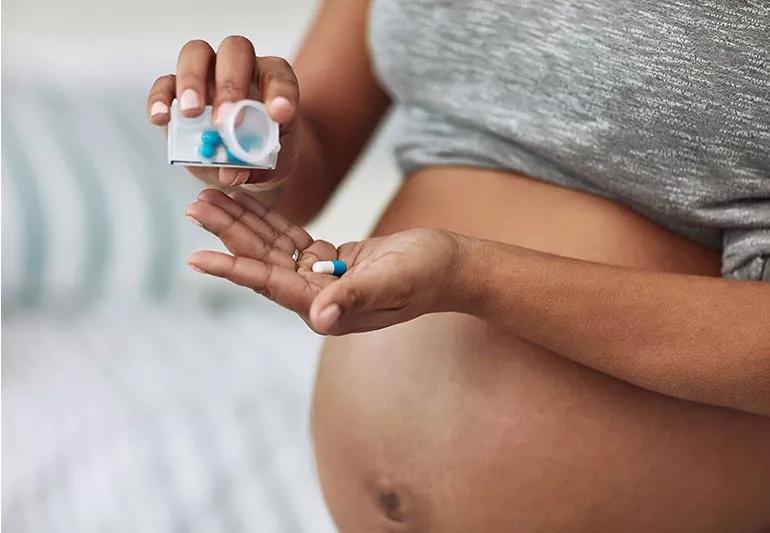
Making sure you’re getting all the vitamins and nutrients you need to maintain good health is always important. It’s especially essential when you’re pregnant, as your developing fetus depends on you for all of those needs.
Advertisement
Cleveland Clinic is a non-profit academic medical center. Advertising on our site helps support our mission. We do not endorse non-Cleveland Clinic products or services. Policy
Prenatal vitamins play a big role in helping keep both you and your baby healthy throughout the term of your pregnancy. But the ins and outs of adding them to your routine can raise a lot of questions. We turned to clinical pharmacy specialist Morgan King for answers.
The big reason why people who are pregnant should take prenatal vitamins is pretty simple: you need to keep both you and your baby healthy. “All of the nutrients and vitamins a pregnant woman takes in will go to the baby first,” says King. “The baby needs that nutrition to grow.”
But the mother also needs those vitamins. “While the vitamins and nutrients are essential for the baby’s development, the mother also needs key vitamins for both her and the baby,” King notes.
Some of those include:
Advertisement
Most prenatal vitamins should contain these, particularly iron and folic acid, both of which are essential. Check with your healthcare provider just in case, though, because if your prenatal vitamins don’t contain certain nutrients, they might recommend a stand-alone dose.
If you’re planning on getting pregnant, King says you should start taking prenatal vitamins as soon as you begin trying. “When an Ob/Gyn looks at dating a pregnancy, they typically start from the patient’s last menstrual period. That means when you find out you’re pregnant, you could be four to six weeks along in your pregnancy already,” she says.
Not all pregnancies are planned, of course, and King says that if you’re not taking prenatal vitamins at the time you discover you’re pregnant, you should start as soon as possible. “Major development happens in the first trimester, those first 12 weeks,” she says. “The spinal cord and brain are developing so those vitamins help with that.”
Additionally, mothers who are breastfeeding are encouraged to continue taking prenatal vitamins to keep providing those nutrients via breast milk.
No, prenatal vitamins won’t help you conceive, says King.
King adds that it’s never too late to start taking prenatal vitamins, either. “While it’s certainly best to start taking them as soon as possible, the baby is developing and growing during the entire pregnancy,” she says.
Once you start taking prenatal vitamins, you should stop taking your daily multivitamin. “You want to make sure you stay within that recommended daily amount of each vitamin,” King says. “While you’ll generally be okay if you go over 100% for some vitamins, others, like Vitamin A, can lead to certain complications.”
If you’re not sure about your intake, check with your healthcare provider who can help you plan out what, if any, extra vitamins you may need. “It’s not out of the question that a mother may need extra folic acid if they’ve had previous complications or extra iron if they’re anemic,” King adds.
“No time of day is any better than another to take prenatal vitamins,” King says.
There are a variety of types of prenatal vitamins you can choose from and it doesn’t matter which you take. “If you look at an ingredients list comparing tablets, capsules and even gummies, the components will be pretty similar,” King says.
Checking the ingredients is important, too, to make sure you’re getting everything you need. Most gummies don’t contain iron, King says, since young children may try to snag some thinking they’re candy and too much iron is dangerous for children.
King says if you’re not breastfeeding your child, it’s okay to switch back to a daily multivitamin after birth.
If you’re breastfeeding, it’s encouraged to continue taking prenatal vitamins until you stop breastfeeding to keep taking in nutrients that provide benefits for both you and your baby.
But, King adds, if you choose to switch back to your daily multivitamin while breastfeeding, that’s okay, too. “You want to make sure you’re optimizing your nutrition since you’re providing those nutrients to the baby. As long as you’re getting the appropriate amount of those vitamins and nutrients, that’s what’s most important.”
Advertisement
Learn more about our editorial process.
Advertisement

While it’s probably not your most fertile time, it is possible to get pregnant if you have unprotected sex during your period

If you’re taking supplements, it’s important to understand which vitamins and minerals you can get too much of, like vitamin C and calcium

There are several vitamins and mineral supplements that many people can benefit from — but it’s important to consult with a healthcare provider before you start one
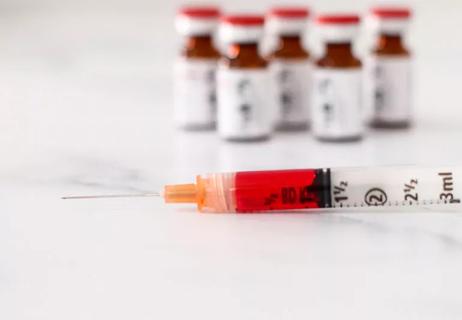
If you have low B12 or a true deficiency, these shots can work wonders
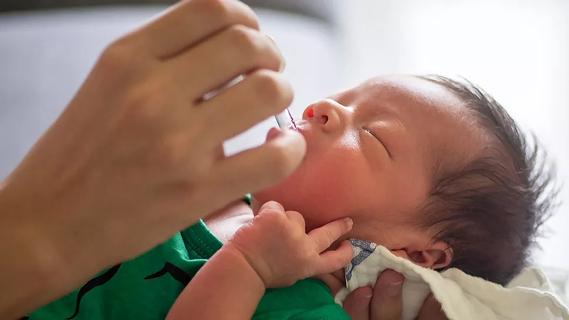
A daily dose of vitamin D can help babies build strong bones, as well as boost their brain development
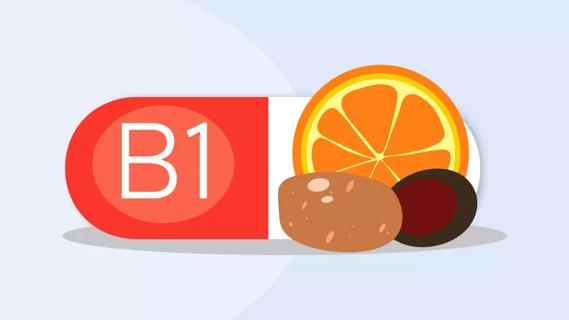
Getting enough thiamine in your diet can protect your heart, brain and nervous system
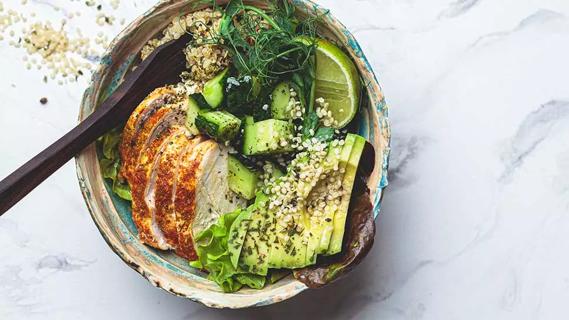
Also known as pantothenic acid, vitamin B5 helps your metabolism and is found in a wide range of foods
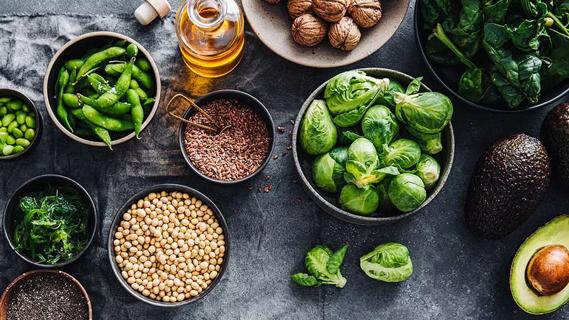
Easy to get from healthy foods, vitamin E can help protect your eyes, boost your immune system and may lower your risk of cancer

Your metabolism may torch 1,300 to 2,000 calories daily with no activity

A gentle touch in all the right places may help drain your sinuses